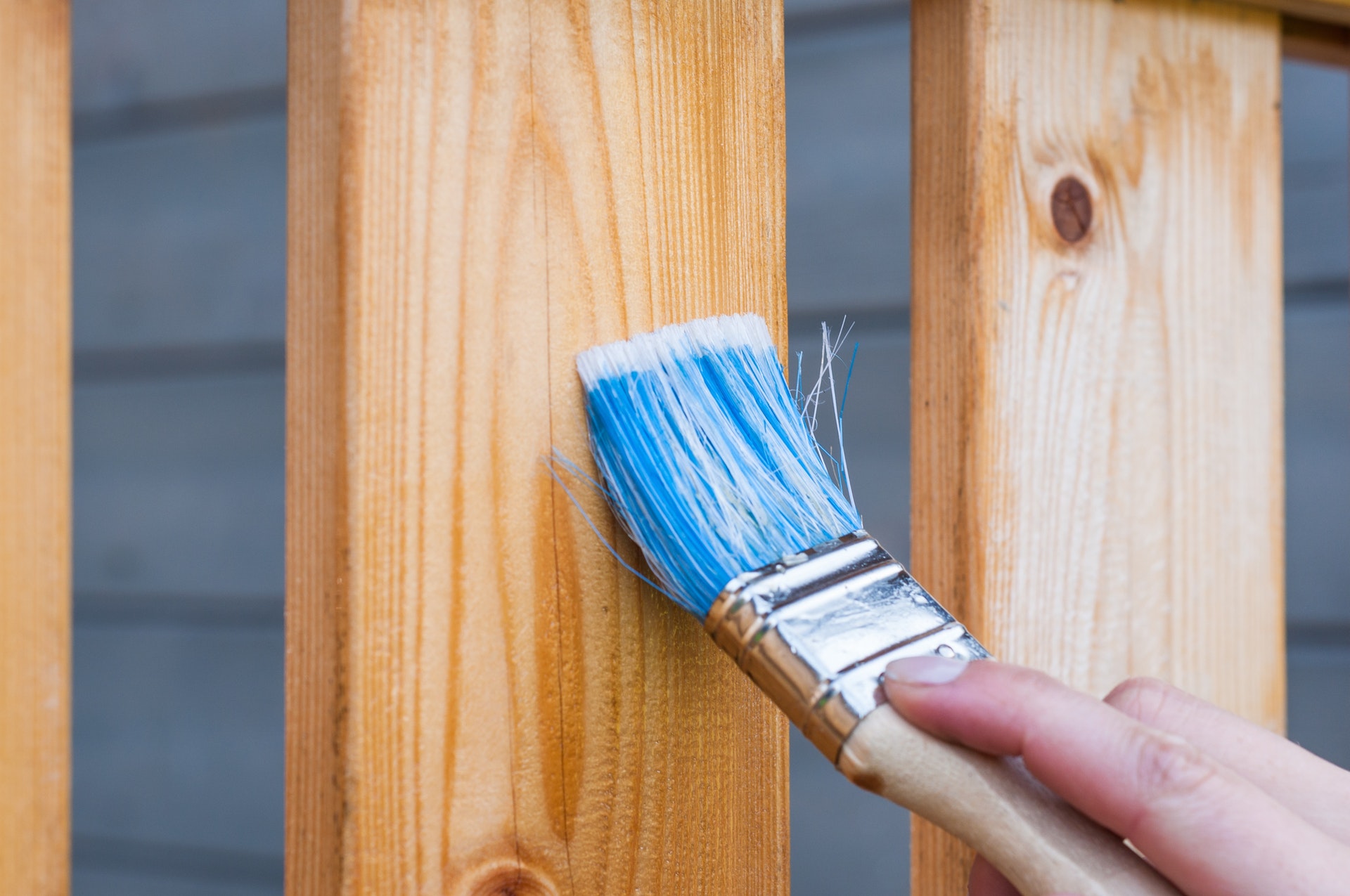
To buy or to rent? That is a popular question for a lot of people. According to Harvard researchers, renters spend approximately 30% of their income on housing costs. The interest of purchasing a new residence grows but it is still a contradictory issue what is more beneficial: to pay monthly for the property you don’t own or to take a long-term credit. Actually, there are many considerations when deciding whether to buy a home. Nowadays mortgage loan has allowed more consumers to become homeowners. What you need is to apply for a mortgage loan to finance the purchase of apartment/house. This concept comes with its own set of pros and cons.
The fact is that most buyers can’t come up with the entire price tag of a home. For instance, it’s not easy to pay $100,000 or more with cash. Before you fill out your application, spare enough time to analyze the negatives of taking on mortgage debt. The best way to determine if this idea is appropriate for you is to be as cool as a cucumber. One must be careful not to give up one’s rights in the heat of the moment. Check out the list of the most common problems of mortgagers in order to be ready to solve them immediately.
#1 Dishonest Mortgage Brokers
Ideally, the job of any broker or salesperson is to assist a potential homeowner and do so with honesty. The bad thing is that a lot of corporations provide unfaith service. In such a case, the first problem you may face is a mortgage scam provided by a dishonest broker. That’s why the mortgage industry is synonymous with fraud. The most common investor mortgage fraud schemes are different types of property flipping, occupancy fraud, and the straw buyer scam. Remember that even big name lenders have been accused of cheating consumers out of money. For instance, a broker or loan officer may encourage a homeowner to refinance his/her loan simply to collect the associated fees and commission. This scheme is called loan flipping and leads the homeowner to bigger and bigger debt.
Occupancy fraud happens when a borrower claims that the house will be owner-occupied in order to obtain auspicious bank status when the property will actually remain vacant. The straw buyer either uses their identity credit and income to obtain property for another buyer who may not qualify. Another scam is landers who are trying to pack in additional costs for nonexistent services. Lenders will especially add to the cost of manufactured homes by including overpriced appliances. Do not forget that mortgage brokers don’t play by the same rules as banks. There are countless stories of “bait and switch” with people being promised one thing and ending up with another at the closing table. You do not have to accept any last minute changes. Don’t close your eyes to strange behavior of your broker. While inconvenient, just walk away!
#2 You May Borrow More Than You Can Afford
A mortgage is likely the largest debt you’ll ever take on. If you’re a first-time buyer, you’ll probably have to jump through a number of hoops before you get it. A mortgage is actually made up of different parts – the collateral you used to secure the loan, your principal and interest payments, taxes and insurance. More than 10 million homeowners are currently underwater on mortgages worth more than actual house values. Why a lot of mortgages start to refer to their homes as money pits?
Folks often put significant sums of money that they will never see again into a home. Not all improvements are deductible. Deductible expenses are generally limited to dreadful loss deductions. In most cases, a lot of repairs to your home just increase your basis for purposes of calculating a gain at sale. Thousands of dollars to replace the air conditioning unit? The new garbage disposal? Replacing the flooring in the kitchen? The new washer/dryer? Landscaping additions? You can’t write them off and while you may recover some dollars at sale, rarely do you recover the entire amount. If you add all of those expenditures up over a 30 year period, you might see an explanation for some of that “gain” at sale. Often homeowners get fixated on two numbers: the purchase price of the house and the selling price of the house – but don’t forget to account for all of the money you spent in between.
#3 Taxes
In addition to your principal and interest, your mortgage payment will likely include taxes. The taxes are property taxes your community levies based on a percentage of the value of your home. These taxes generally go towards financing the costs of running your community – to build and maintain schools, roads, and to provide certain public services. Generally, if your down payment is less than 20 percent, your lender considers your loan riskier than those with larger down payments. To offset that risk, the lender sets up an escrow account to collect those additional expenses, which are rolled into your monthly mortgage payment. Even if you don’t have an escrow account, you’ll likely have to pay property taxes as long as you live in your home.
If you do hit the home appreciation jackpot, there can be significant taxes. Not all houses bleed money. Not all appreciation can be attributed to inflation and/or a combination of home improvements – sometimes, it turns out to be a good investment. But there is a price: if the gain on the sale of your home exceeds the $250,000 exclusion (or $500,000 for married taxpayers), the proceeds over that exclusion are subject to capital gains. Moreover, under the new health care law, a Medicare tax of 3.8% will be imposed on investment/unearned income, which includes gain from the sale of your home, for high income taxpayers. High income taxpayers means those individual taxpayers reporting income over $200,000 and married taxpayers filing jointly reporting income over $250,000.
#4 It Is Commonly a Long-term Story
A mortgage is typically 20 or 30 years. The most common type of mortgage is the 30-year fixed. When it comes down it, long-term mortgages occur to have some drawbacks. The most obvious problem is the long amortization period. And since the mortgage takes so very long to be paid off, more interest is paid. Think of it this way. In the situation that you borrowed money from a friend and asked to pay it back over 30 years, they would probably say no. Another disadvantage is that home ownership can limit your mobility. In addition to your own missed opportunities, that may not be good for the country’s economy: economists Andrew Oswald and David Blanchflower found that rates of high homeownership lead to higher rates of unemployment in both the U.S. and Europe because, among other issues, owning a home may keep people from moving to areas with good jobs and creates “negative externalities.” The most obvious problem is that you are carrying a significant debt over a long time. Another major disadvantage is that since the mortgage is secured on your property, you have to be able to keep up with your mortgage repayments or you could lose your home.
By Robert Everett for TheHouseShop.com
How to get high-quality papers without wasting your time for fulfilling long forms? Robert Everett: I am a freelance writer currently based in Chicago. Solving students career and university problems. Having the interest in marketing and business.
Test the most convenient service where you can pay for essays online and your job will be done instead of you!
My Facebook link: https://www.facebook.com/roberteverett82
My Google+: https://plus.google.com/u/3/110029123750852456335




 POSTED BY
POSTED BY 


[…] you pay rent, you are financing another person’s fixed asset. But when paying up mortgage, one not only builds up one’s potential asset but gets to experience potential tax deductions. […]